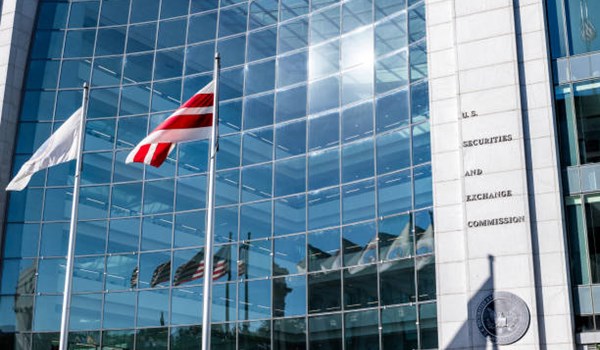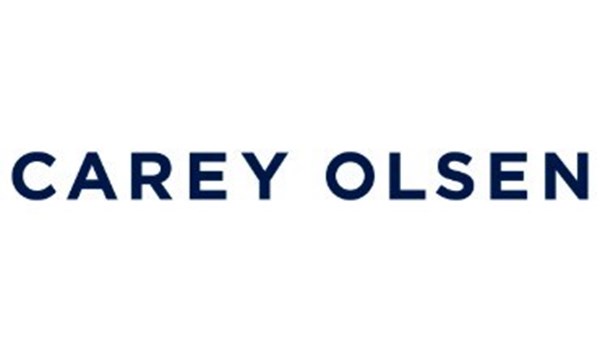Billionaire Michael J. Saylor and MicroStrategy, Inc. have been hit by the Washington, D.C., district attorney’s office in a $40 million fraud case.
Attorney General Brian L. Schwalb took no prisoners in announcing the landmark case and held the wealthy fraudster accountable for his actions. He hit both with a massive bill in the case’s settlement agreement.
Saylor and MicroStrategy defraud the District of Washington D.C
“Tax cheats are freeloading off the backs of hardworking, law-abiding, tax paying District residents while depriving our city of resources needed for critical programs, including public safety, infrastructure, and education,” said Attorney General Schwalb.
A group of whistleblowers flagged that Saylor failed to pay income tax on earnings from 2014 to 2020. Saylor was alleged to have created the veil that he was a resident in another tax district, such as Florida or Virginia.
Saylor pays the price
Had he paid the amount he owed during this more-than-decade-long evasion, it would have been in the region of $25 million. Saylor was also hunted for earnings that he failed to declare or pay income tax on for the period 2005 through 2013.
“Michael Saylor and his company, MicroStrategy, defrauded the District and all of its residents for years. Indeed, Saylor openly bragged about his tax-evasion scheme, encouraging his friends to follow his example, and contending that anyone who paid taxes to the District was stupid. This precedent-setting settlement makes clear that no one in the District of Columbia, no matter how wealthy or powerful they may be, is above the law,” said Attorney General Schwalb.
MicroStrategy would be complicit in the actions of certain employees based on Saylor’s orders. “Employees falsely reported address information on the W-2s the company issued to Saylor and also omitted Saylor’s accurate information from the withholding filings it submitted to the District,” said the D.C. District report.
Saylor and MicroStrategy have now agreed, at the behest of the District of Washington D.C.’s office, to pay will pay $40 million to resolve the tax fraud case.



